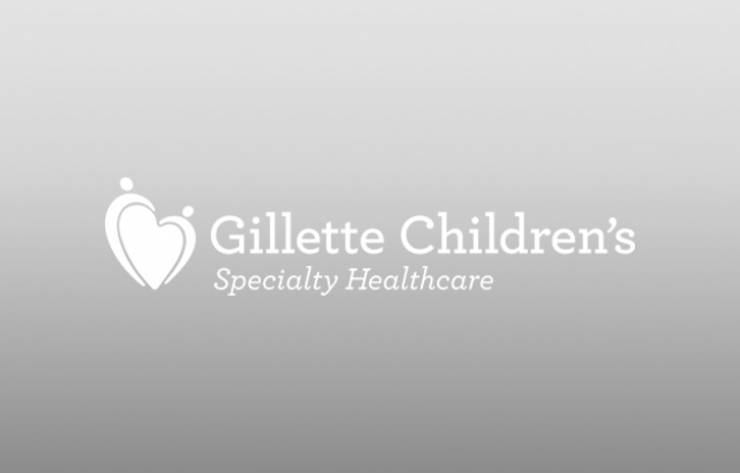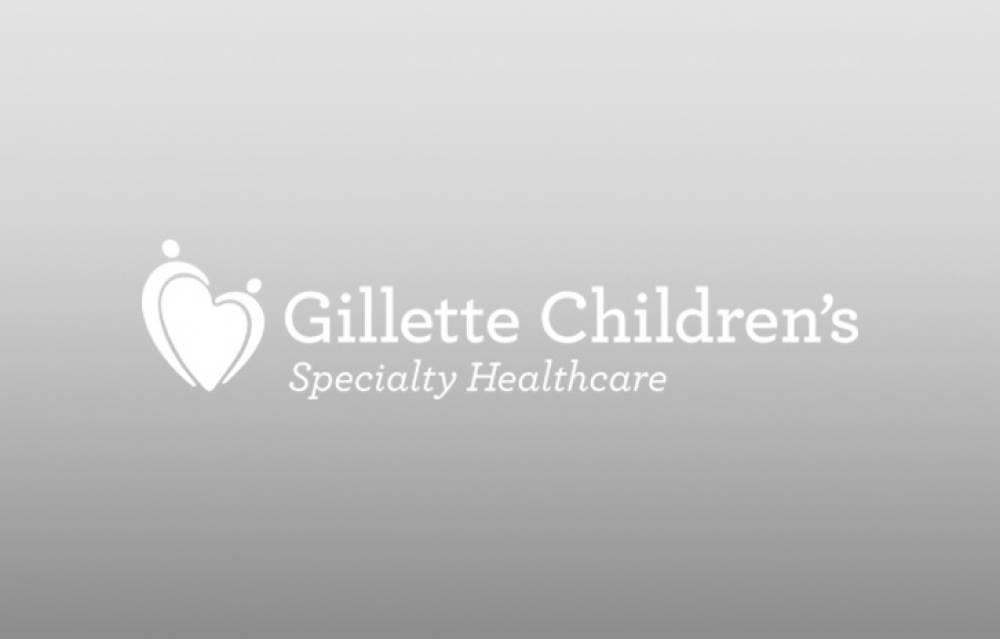-
{care_team_members status="Open|hide from care team page"}
-

{care_team_members:ct_first_name} {care_team_members:ct_last_name}
{care_team_members:ct_full_title}
{/care_team_members}
person:channel_short_name: {person:channel_short_name}
person:
title: {person:title}
-
{links}
{/links}
No category selected to display locations. Locations Dynamic
-
{locations}
- {locations:title} {/locations}
-
{widget}
{widget:widget_content}
- {widget:widget_content:tab_title} {/widget:widget_content} {/widget}
When a child’s first seizure is unprovoked (not triggered by trauma, hypoglycemia or fever), it’s important to determine if the child has epilepsy or an underlying neurological disorder. Once a child has one seizure, there’s a heightened risk for more. That’s why it’s important for providers like you to be prepared to respond.
In the uncertainty that follows a first seizure, Gillette Children's is here to help with the First Seizure Clinic.
Every year, tens of thousands of kids need medical attention because of a first or newly diagnosed seizure. At Gillette Children’s, a Level 3 Epilepsy Center, our specialists evaluate children—from infants to teens—who experience an unprovoked or prolonged seizure.
Our Level 3 Epilepsy Center designation from the National Association of Epilepsy Centers means we provide a comprehensive team approach to the diagnosis and treatment of epilepsy. Level 3 Epilepsy Centers go through a vigorous vetting process to ensure individuals with seizures or epilepsy can get the specialized care they need. As a Level 3 Center, we provide care such as neurodiagnostic evaluations, as well as medical, neuropsychological, and psychosocial services, noninvasive evaluation for epilepsy surgery, straight-forward resective epilepsy surgery, and implantation of the vagus nerve stimulator.
How does a First Seizure appointment help my patient?
First time seizure and epilepsy can be two different things. While first time seizure patients frequently end up with an epilepsy diagnosis, that is not always the case. Our expert team of compassionate and knowledgeable EEG technicians, neurology nurses, APPs and MD providers can help determine the next steps in care following a first seizure.
A first seizure evaluation can help determine the appropriate treatment. For example, we might recommend that you simply monitor your patient. If the evaluation reveals an abnormal electroencephalogram (EEG) or MRI, we might recommend epilepsy treatments such as seizure medication or, in rare instances, special food plans like a ketogenic diet or low glycemic index diet.
No matter your patient’s complexity, we offer comprehensive evaluation with expert providers.
What can I expect after referring my patient to the First Seizure Clinic?
Epilepsy is a chronic condition that requires expert care and management as well as strong communication with families and the rest of their care team. When you refer to the First Seizure Clinic at Gillette, you can expect clear and timely communication following your patient’s initial evaluation as well as ongoing communication related to medical needs and care plans. Our neurology team will work with you via phone calls and clinic documentation to ensure shared management of your patient’s epilepsy care.
To consult with a pediatric epilepsy specialist, call 651-325-2200.
What can my patient expect from a First Seizure Clinic appointment?
At your patient’s First Seizure Appointment, they will meet with a nurse practitioner who specializes in seizure disorders to discuss medical history and complete a physical exam. We evaluate kids to determine seizure type, cause and risk of having more seizures.
We will likely recommend a neurology evaluation, such as an EEG), the same day. Following the evaluation, your patient will talk with specialists about:
- The type, cause and risk of additional seizures.
- Seizures and what precautions will help ensure safety during a seizure.
- How to recognize and monitor seizures.
- When and how to use rescue medicines.
Depending on the findings from the first seizure evaluation, an ongoing, individualized treatment plan will be created with your patient and their family to address the type and cause of the seizures.
Over the course of treatment, your patient also may work with:
- Neurodevelopmental pediatrics.
- Neurodiagnostics, for tests such as EEGs, VEEGs and overnight sleep studies.
- Neurology.
- Neurosurgery.
- Pediatrics and general medicine.
- Radiology and imaging.
- Sleep health.
- Psychology.
- Neuropsychology.



